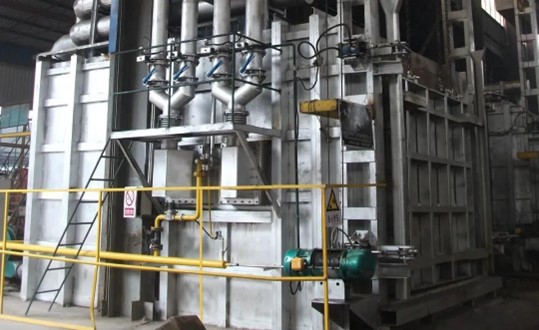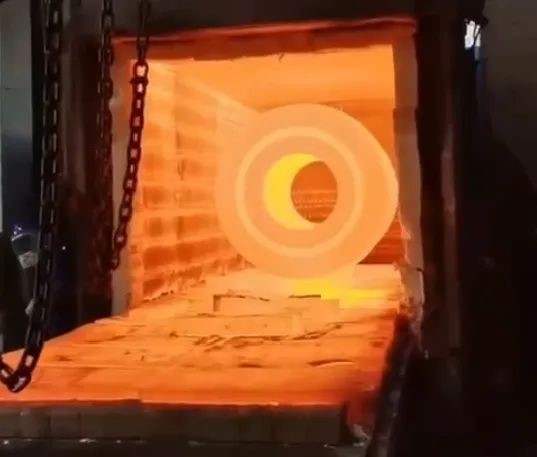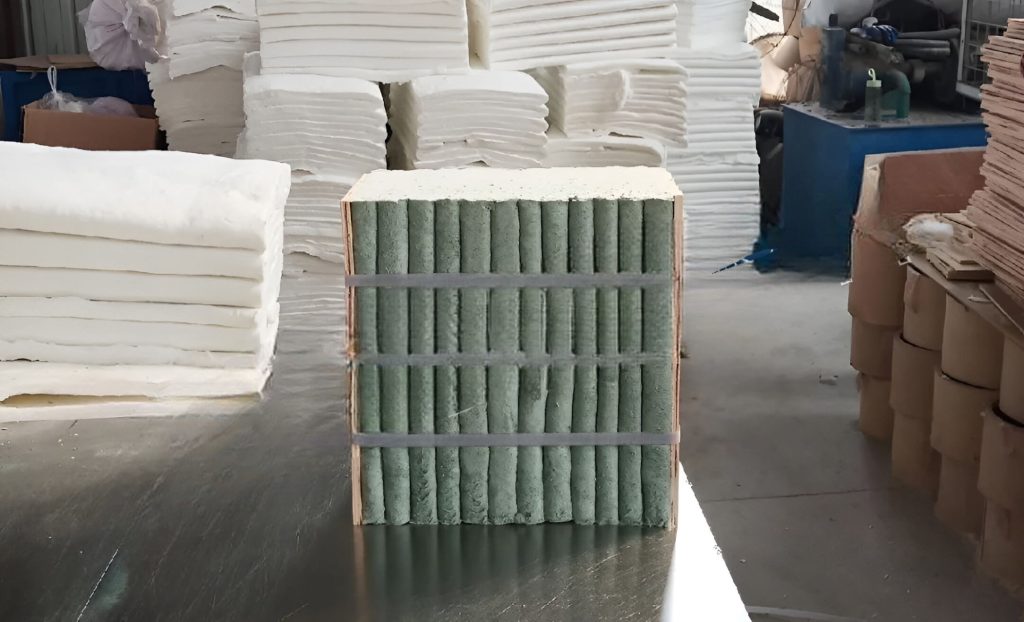Application of Chromium Ceramic Fiber Modules in Forging Furnaces
Table of Contents
Working Temperature of Forging Furnaces
Forging furnaces are vital equipment in the process of metal smelting and processing. The forging temperature refers to the temperature range between the initial forging temperature and the final forging temperature. Generally, the forging temperature of alloy steel is between 800°C and 1200°C, while for some alloy steels, it can reach as high as 1280°C.

Insulation of Forging Furnaces
The high working temperature of forging furnaces often results in a relatively short lifespan, typically not exceeding three years. The lifespan of furnace linings is even shorter. Conventional ceramic fiber modules have struggled to meet the demands of forging furnace operations.
We recommend users of forging furnace insulation to employ chromium ceramic fiber modules. These modules can withstand temperatures of up to 1500°C, with a long-term working temperature of 1400°C. The use of chromium ceramic fiber modules significantly extends the lifespan of furnace linings.

Characteristics and advantage of Chromium Ceramic Fiber Modules
- Chromium ceramic fiber modules appear slightly green in color, with fine fibers, high elasticity, low impurities, minimal slag balls, and stable performance. They exhibit excellent thermal and chemical stability, along with superior thermal stability and resistance to thermal shock.
- These modules possess excellent elasticity. When the modules are pre-compressed and installed in the furnace lining, their expansion ensures a seamless lining, enhancing the insulating properties of the fiber lining and improving overall performance.
- Chromium ceramic fiber modules can be quickly installed, and anchor fixtures are positioned on the cold surface of the lining, reducing the material requirements for the anchor fixtures. Additionally, insulation design and construction training can be provided according to customer requirements.


